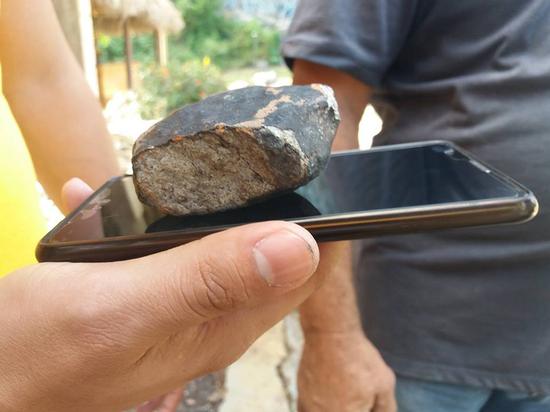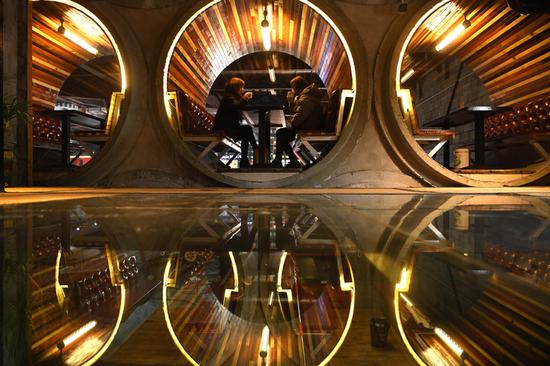American researchers developed a kind of porous carbon fiber that may power cars using energy stored in their exterior shells.
The study published in this week's Science Advances reported the way of creating carbon fibers that wouldn't only be structurally useful, but also functionally useful.
Carbon fibers, the thin hair-like strands of carbon, are widely used in the aerospace and automotive industries.
Liu Guoliang, a professor at Virginia Tech who led the study, said the carbon fibers could be designed to have tiny holes uniformly scattered throughout, similar to a sponge, that would store ions of energy.
Liu's team developed a process to make porous carbon fibers with uniform size and spacing for the first time.
Previously, chemists mixed two kind of polymers separately into a solution, resulting porous carbon fibers but with differently sized and spaced pores, making the energy storage difficult.
Liu bonded the two polymers into a block copolymer. "This is the first time we utilize block copolymers to make carbon fibers and the first time to use block copolymer-based porous carbon fibers in energy storage," Liu said.
The modified carbon fibers can be used to make car shells while store energy like a battery in the future, according to the researchers.


















































